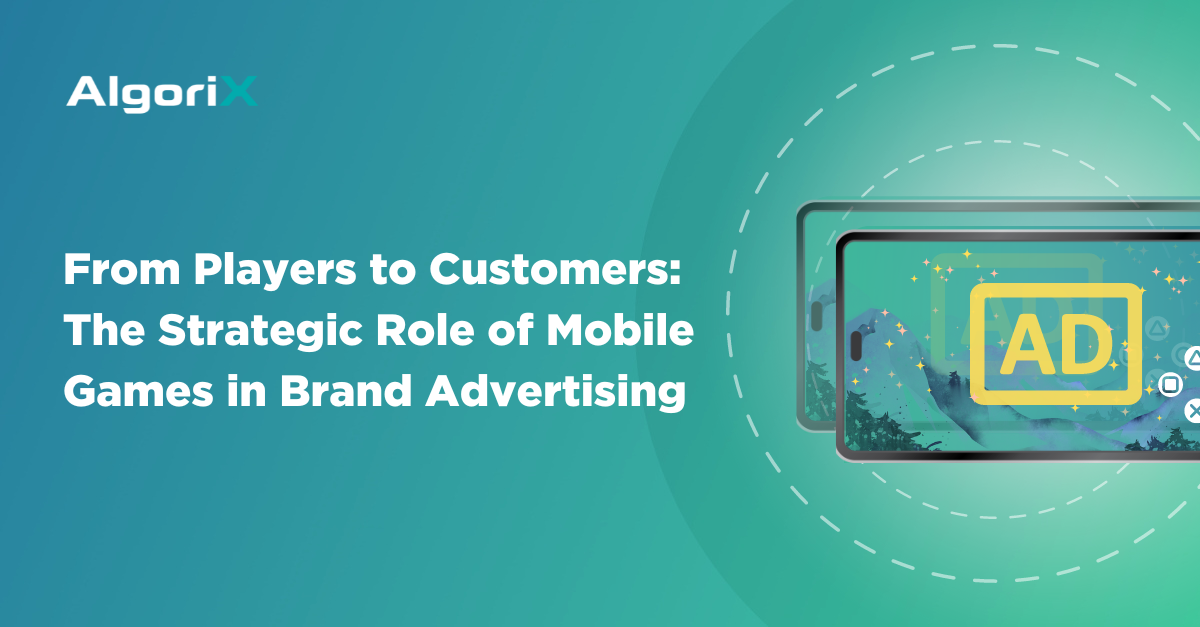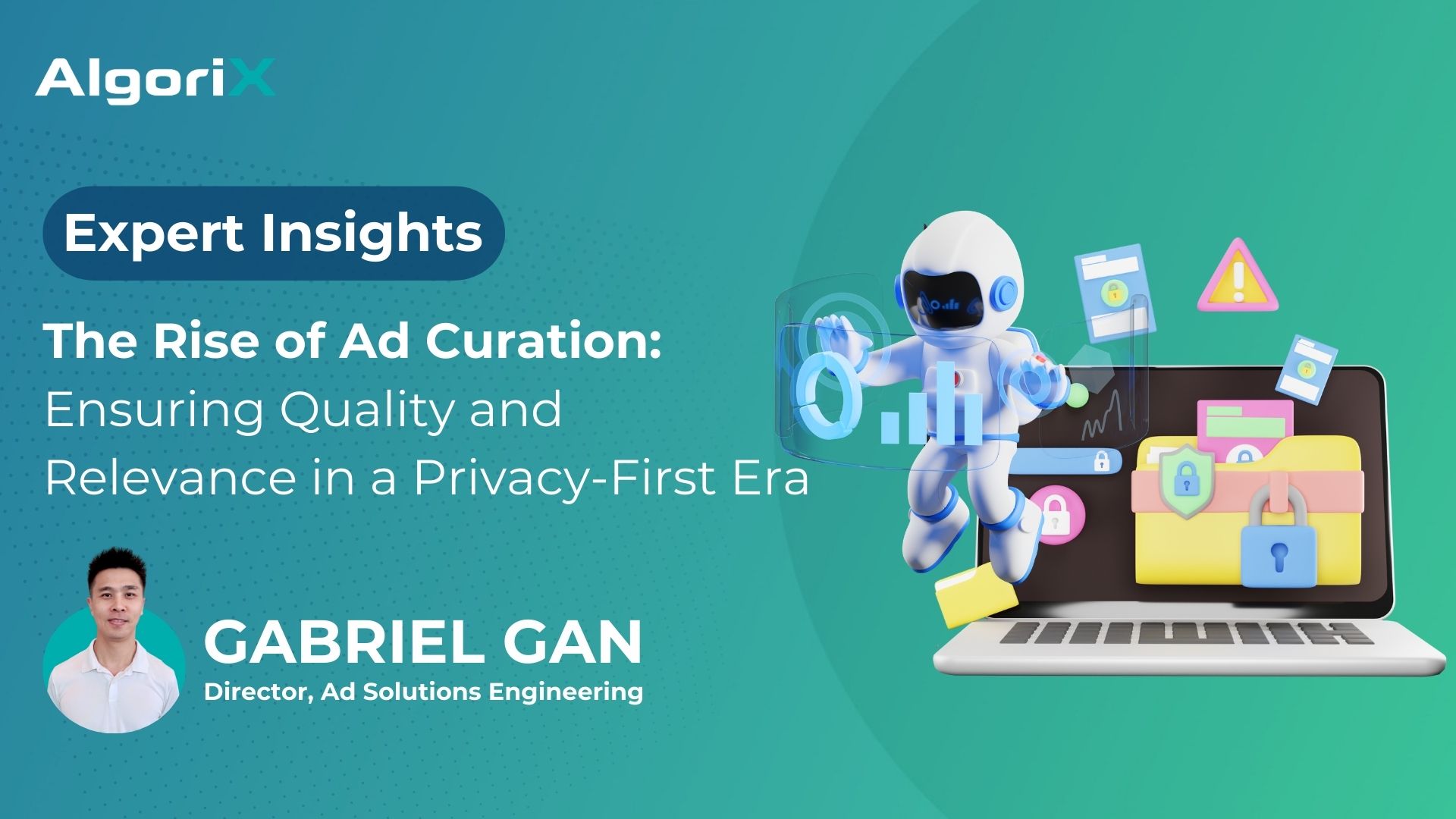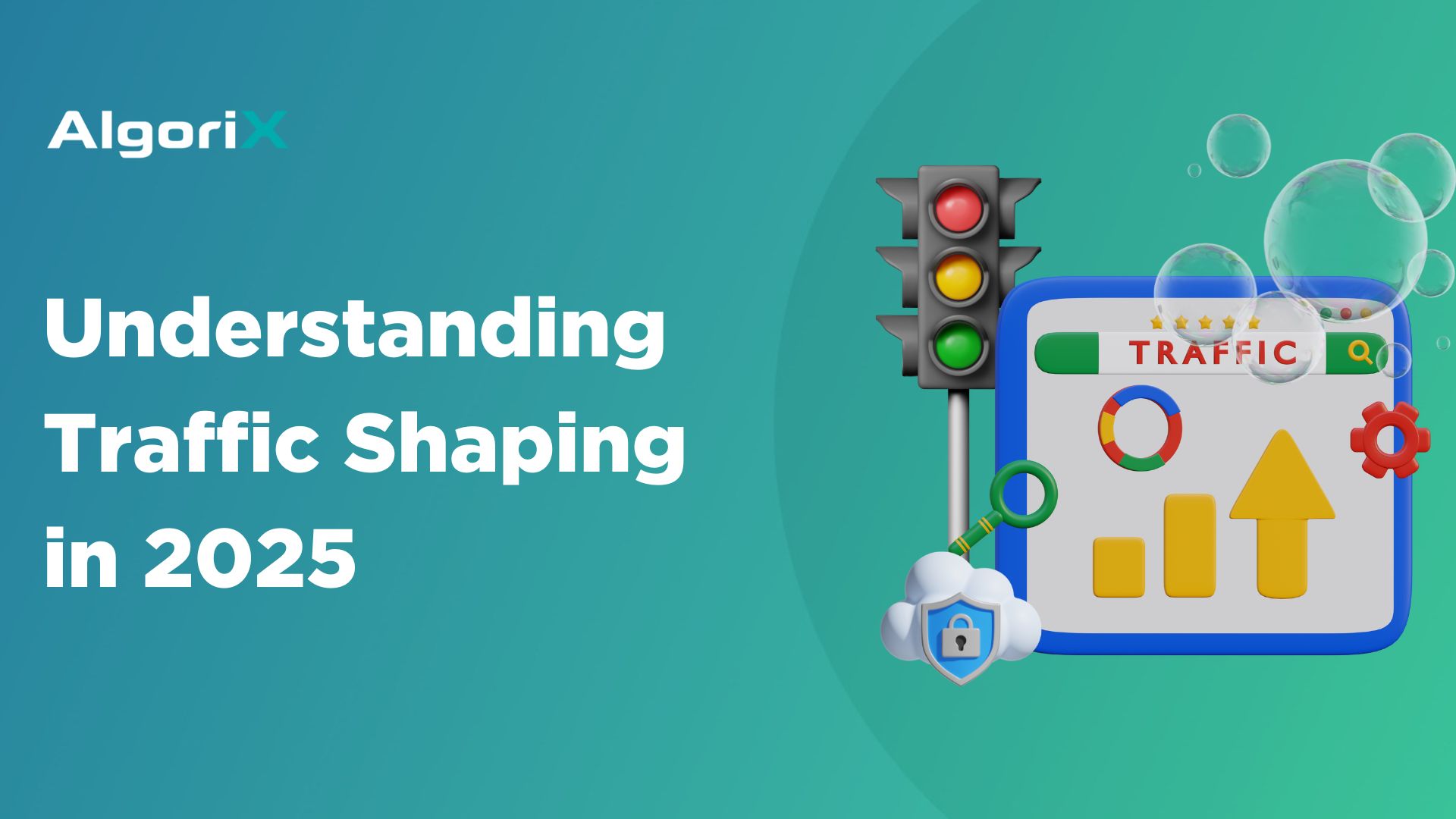The meteoric rise of mobile gaming has not only transformed the entertainment landscape but also ushered in a new era for digital advertising.
Mobile games have become a potent platform for brand advertisers as smartphones become ubiquitous. They offer unprecedented opportunities to engage with diverse and captive audiences.
This evolution presents a dual narrative: a burgeoning opportunity for brands to infiltrate the digital lives of millions and a golden ticket for game publishers to monetize their content through strategic advertising partnerships.
Mobile Gaming as a Premier Advertising Medium
Mobile gaming is a cultural phenomenon, commanding the attention of over 2.58 billion gamers worldwide. The mobile gaming sector is growing at a breakneck pace, showcasing its immense market penetration and financial clout.
The demographic of mobile gamers is a kaleidoscope of ages, genders, and socioeconomic statuses, making it a goldmine for advertisers seeking broad reach and deep engagement. It’s found that over 30 percent of parents support mobile in-app purchases of their children, with 23% setting a budget of up to $100 per month.
The Strategic Advantage for Brand Advertisers in Mobile Games
Given the numbers above, it’s no longer surprising for brand advertisers to focus their attention on mobile games for advertising. Here are more reasons why ad spending continues to pour out for mobile games.
Unmatched Engagement and Reach
Player involvement is key to a game’s success. It encompasses the interactions, pleasure, and absorption users encounter during gameplay. Engaged players will likely spend more time playing, carry out in-app transactions, and suggest the game to their peers.
Mobile games offer a unique advertising avenue with their ability to captivate users’ attention far beyond traditional media. The immersive nature of gaming ensures that advertisements are not just seen but experienced, leading to higher engagement rates.
With 2.2 billion logging in daily, mobile gaming’s reach surpasses that of many conventional advertising platforms. For example, Gen Z gamers engage in gaming for six hours and ten minutes, while Gen Alpha gamers dedicate slightly more time, averaging six hours and forty-nine minutes.
Interactive and Immersive Ad Formats
Interactive ad formats in mobile games, such as rewarded videos, playable ads, and in-game branding, allow for creative and engaging marketing strategies. These formats blend seamlessly with the gaming experience, enhancing user engagement without disrupting gameplay. This interactivity enriches the user experience and fosters a positive association with the advertised brands.
Enhanced Brand Recall and Positive Association
In mobile gaming, ads that offer value or entertainment can create positive brand associations and enhanced recall. Gamers are likelier to remember and favor brands that contribute to their gaming experience through rewards or engaging content, translating to higher brand loyalty and consumer preference.
How Mobile Games Can Get Brands on Board
With these benefits, how can brands attract brands to advertise?
Showcase User Engagement and Metrics
Brands want to know that their advertisements will reach an active and engaged audience. Game developers can attract advertisers by presenting strong metrics such as high daily active user counts, extended session lengths, and robust retention rates. Demonstrating a deep understanding of the player demographic, including age, location, and spending habits, can also make a game more appealing to potential advertisers.
Offer Innovative and Suitable Ad Formats
By providing a variety of creative, interactive ad formats that blend seamlessly with the game experience, developers can entice brands looking for innovative ways to engage consumers.
Examples include rewarded videos, playable ads, and branded in-game events or items that enhance rather than disrupt the player’s experience. These ad formats attract brands and maintain a positive gaming experience for the user. Of course, they should perfectly align with the brand’s target audience.
Emphasize Brand Safety and Positive Association
Brands are keen on placing their advertisements in environments that positively reflect their image. Game developers can attract more advertisers by ensuring their content is brand-safe and free from controversial or inappropriate material.
Offering analytics and data to prove that ads within the game lead to positive brand association and customer behavior can significantly boost a game’s attractiveness to potential advertisers.
Navigating the Future of Mobile Gaming and Advertising
The industry is poised for further innovation, with trends indicating a move towards more personalized, context-aware advertising that respects user preferences and enhances gameplay. When brands understand and work towards user preference, they can achieve the delicate balance between monetization and player satisfaction.
This evolution promises a win-win scenario in which brands can achieve unprecedented engagement levels, and game developers can sustainably monetize their content.













